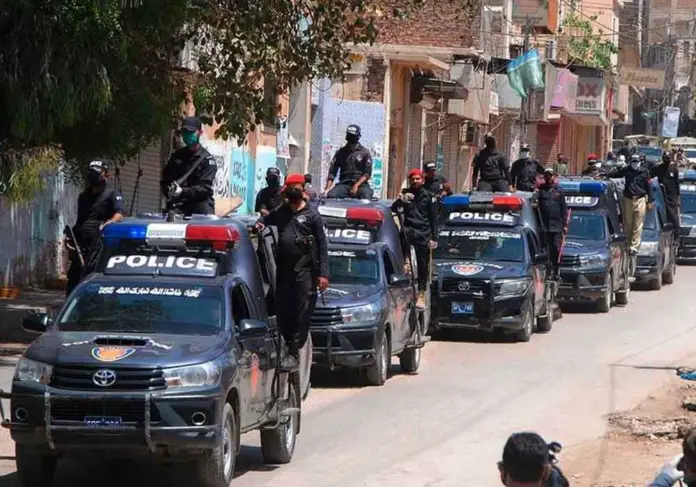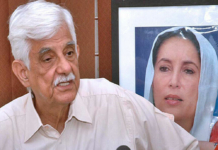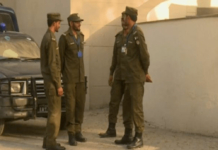As many as 110 Assistant Sub-Inspectors (ASIs) of Larkana police range have been waiting for promotion to the next Sub-Inspectors (SIs) for over one and half years.
Still, the Departmental Promotion Committee’s (DPCs) meeting has not been convened to give them good service benefits by promoting them to the next higher grade.
According to sources, many of them have already retired on attaining the age of superannuation (60 years) without getting due fringe benefits allowed to them as per prevailing service rules. Larkana range police consisted of five districts, including Kambar-Shahdadkot, Shikarpur, Jacobabad, Kandhkot, Kashmore and Larkana, working under the administrative control of Deputy Inspector General (DIG), who has been stationed at Larkana, the divisional headquarters.
In this regard, a letter was sent in mid-July 2021 by DIGP Mazhar Nawaz Shaikh to concerned AIGPs, DIGPs and relevant SSPs, Deputy Director Anti-Corruption Establishment, Police Training Center and others; to furnish service records along with service books and other information of the eligible senior-most ASIs including their criminal history within three days. They were also asked to verify if anyone eligible for ASI was missing from the lists, but the DPC meeting was yet to be held. The DPC meeting was to be chaired by the DIGP, and its members included all five SSPs of the Larkana Range.
Meanwhile, 113 ASIs recruited through Sindh Public Service Commission in 2004 have neither yet been granted seniority nor promoted to the next rank despite the passage of 17 long years. It showed that mismanagement at the highest level was still rampant in the police department, which needed complete overhauling immediately.
Nine out of 113 ASIs were posted to work in the Larkana district alone, and they were running from pillar to post for a long time to get their seniority but all in vain. Few of them complained that even the Sindh High Court had announced judgment in their favour. Still, their higher officers were openly and daringly violating court orders due to massive political involvement. They said influential people got their service rights and benefits, but lower field staff were always neglected, which was unjust and should be noticed at the highest level.







